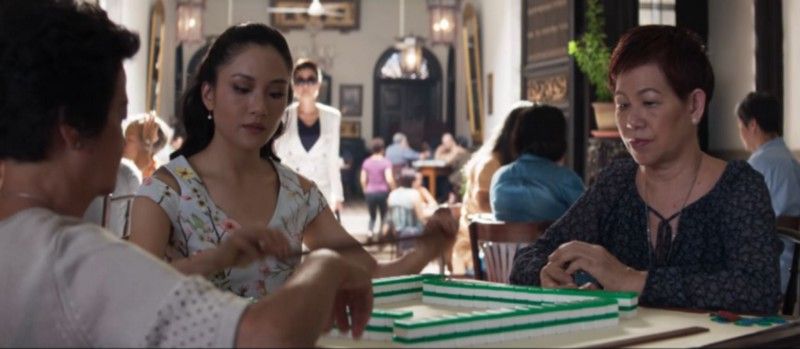
Q&A: Fundamental Principles of Story Setups and Payoffs
From the L.A. Screenwriter collection.
What's the lowdown on decent setups and payoffs?
One of the most vital yet least discussed aspects of effective storytelling is the ability to execute potent setups and payoffs. While it may seem like common sense, the demonstration of this skill is often the factor that separates amateur scripts from those ready for industry submission.
Setups and payoffs don’t just happen in a story. They require planning. They often require rewriting in order to properly associate the setup and payoff. While a setup can involve a mere mention of something or an inferred question early on in the narrative, a masterful setup will have deeper thematic significance than simply referencing an unimportant detail. It will take on greater meaning when the payoff is revealed. In the same way, a powerful payoff will open up the story, or a character, in a new and sometimes unexpected way.
Here are three principles for crafting story setups and payoffs that will make them emotionally resonate with your audience.
Aligning the Setup and Payoff
One of the most common mistakes in executing story setups and payoffs is misalignment, where what is set up is never paid off or what is paid off was never properly set up. When misalignment occurs, it’s usually because the writer failed to complete enough drafts of the story to catch the misalignment and fix it or because she/he hasn’t yet developed the skill of identifying the misalignment. While this skill comes with time, recognizing good setups and payoffs in other scripts can be a helpful way of beginning to identify how to make them work in your own script.
In Crazy Rich Asians, we learn that the protagonist, Rachel Chu, is a professor of game theory. While it may seem like a trivial detail, this setup is paid off near the end of the story when her occupation becomes meaningful in helping her skillfully confront her antagonist. If Rachel had used the game of Mahjong in overcoming her enemy without any explanation, we would have been left asking why she had such expertise in the game and was able to use it to her advantage. In essence, we would have had a payoff that was not set up.
Avoiding the Disappointing Payoff
When first learning how to create relationships between setups and payoffs, we may struggle with creating a payoff that feels emotionally satisfying. One way to begin sharpening this skill is to create lists of possible payoffs for a particular setup. What are all the ways that this setup could be resolved? Often, we simply spend all our time focused on finding the one perfect solution rather than looking for a variety of options to choose from. When we create a menu of possibilities, new ideas may unexpectedly arise.
In Coco, the writers lead us to believe that Miguel’s grandfather may actually be the great singer, Ernesto de la Cruz – an intriguing setup. The payoff could have confirmed that this was true. It could have also been quickly confirmed that this wasn’t true after Ernesto’s character entered the story. However, the writers chose to go with a completely different option from these most obvious payoffs – they made the man who had been there for Miguel throughout the story his real grandfather, a surprise the audience doesn’t see coming, though somehow, we feel we should have. Not only do the writers execute a payoff that clearly took several drafts to come up with, they manage to add irony to their choice, as Miguel’s real grandfather, Hector, is initially presented as a trickster without much interest or ability to help Miguel.
Mastering the Ironic Payoff
While eventually answering a question we pose early on in our story will bring the audience satisfaction, it may or may not be emotionally powerful. Irony can involve a protagonist getting what they need but not what they want, or vice versa. It may also involve the answer to a plaguing question coming from an unlikely source. It can also involve the protagonist not being able to use what they think will solve a problem and being forced to rely on something completely unexpected.
In Operation Finale, protagonist Peter Malkin anticipates it will be his desire for revenge that will be useful in bringing antagonist Adolph Eichmann to justice. However, in the end, it is his humanity that makes the task possible – an unexpected and ironic payoff for a commanding setup.
*Feature Photo: Eleanor meets Rachel for mahjong in Crazy Rich Asians / Warner Brothers (2018)

